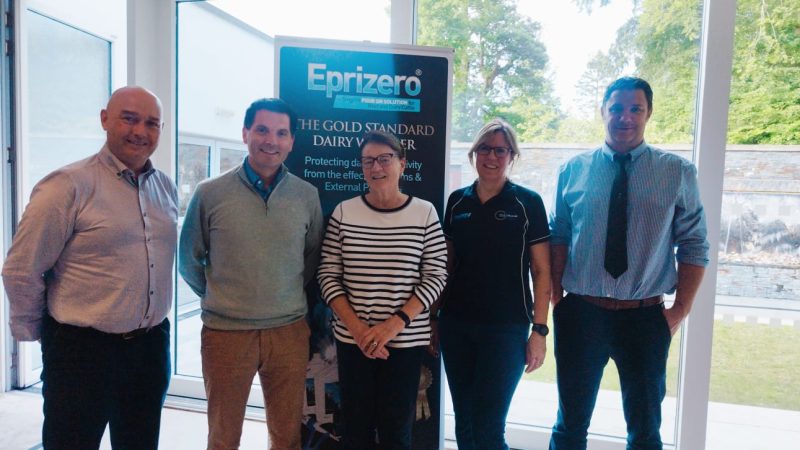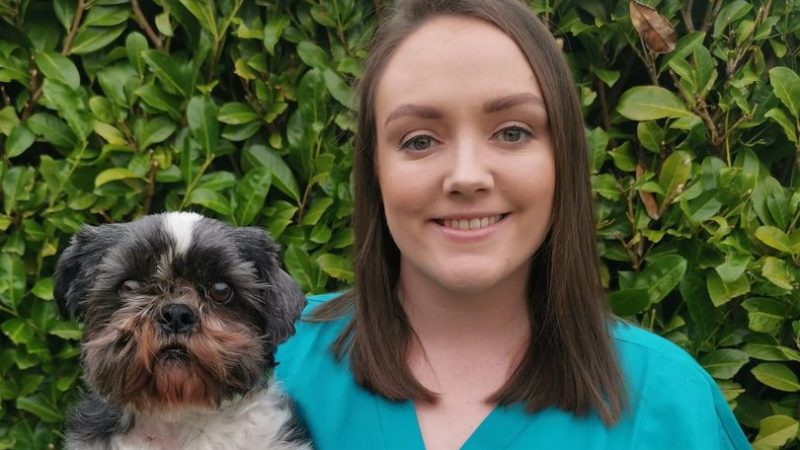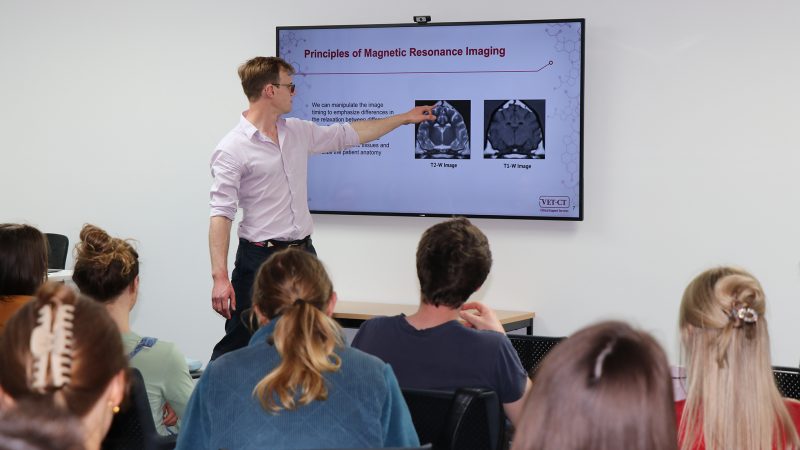Lords committee warned over future vets meds supply for NI

The Dairy Council for Northern Ireland has warned that a “black market” for veterinary medicines could develop without a deal around permanent supply arrangements.
Its warning comes despite three-year extension to the current grace period that enables veterinary medicines to be supplied to Northern Ireland without disruption being agreed in December last year, just days before it ran out.
While the Windsor Framework agreement, which was reached in February, did not specifically refer to the supply of medicines, it was broadly seen as a step forward for vets, food producers and pet owners.
The Windsor Framework was seen as a step forward for vets, food producers and pet owners, despite not specifically referring to the supply of medicines. However there remains the risk of around half the products currently being used here not being available here should a deal not be struck by December 2025, when the grace period expires.
The Dairy Council told a sub-group of the House of Lords European Affairs Committee: “Not only would failure to achieve a permanent, workable solution threaten ongoing access to the single market, it would also create the conditions for smuggling and the proliferation of a black market on the island of Ireland in veterinary medicines.”
In its evidence, NOAH officials said the risk of future disruption had not been eliminated, despite the extension of the grace period, because of a lack of movement in “the current divergent positions of the European Commission and the UK” on supply regulations.
It said: “Similar concerns existed over human medicines and adaptations to the NIP were agreed between the EU and UK government to address them. A similar (but not identical) approach is needed for veterinary medicines.”
Potential solutions have been put forward by the BVA, including the introduction of a so-called “grandfather rule” that would allow for the continuing supply of medicines that were aligned with EU regulations pre-Brexit, with newly licensed products adhering to EU rules.
It suggested a change to EU law that would allow products with a marketing authorisation holder located in Great Britain to be used in Northern Ireland, while using the regulatory alignment work from trade deals between the EU and countries such as New Zealand may provide other viable alternatives.







